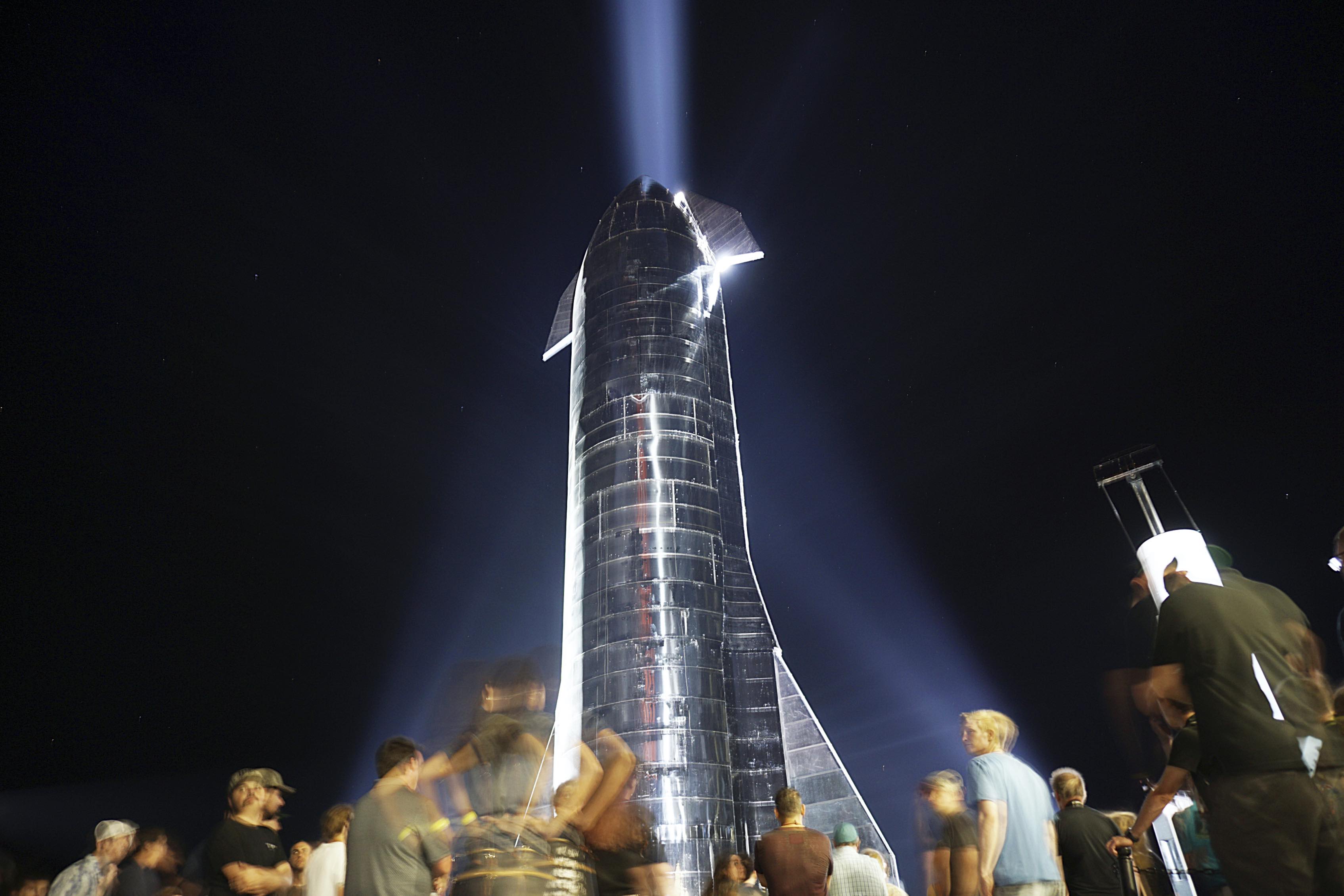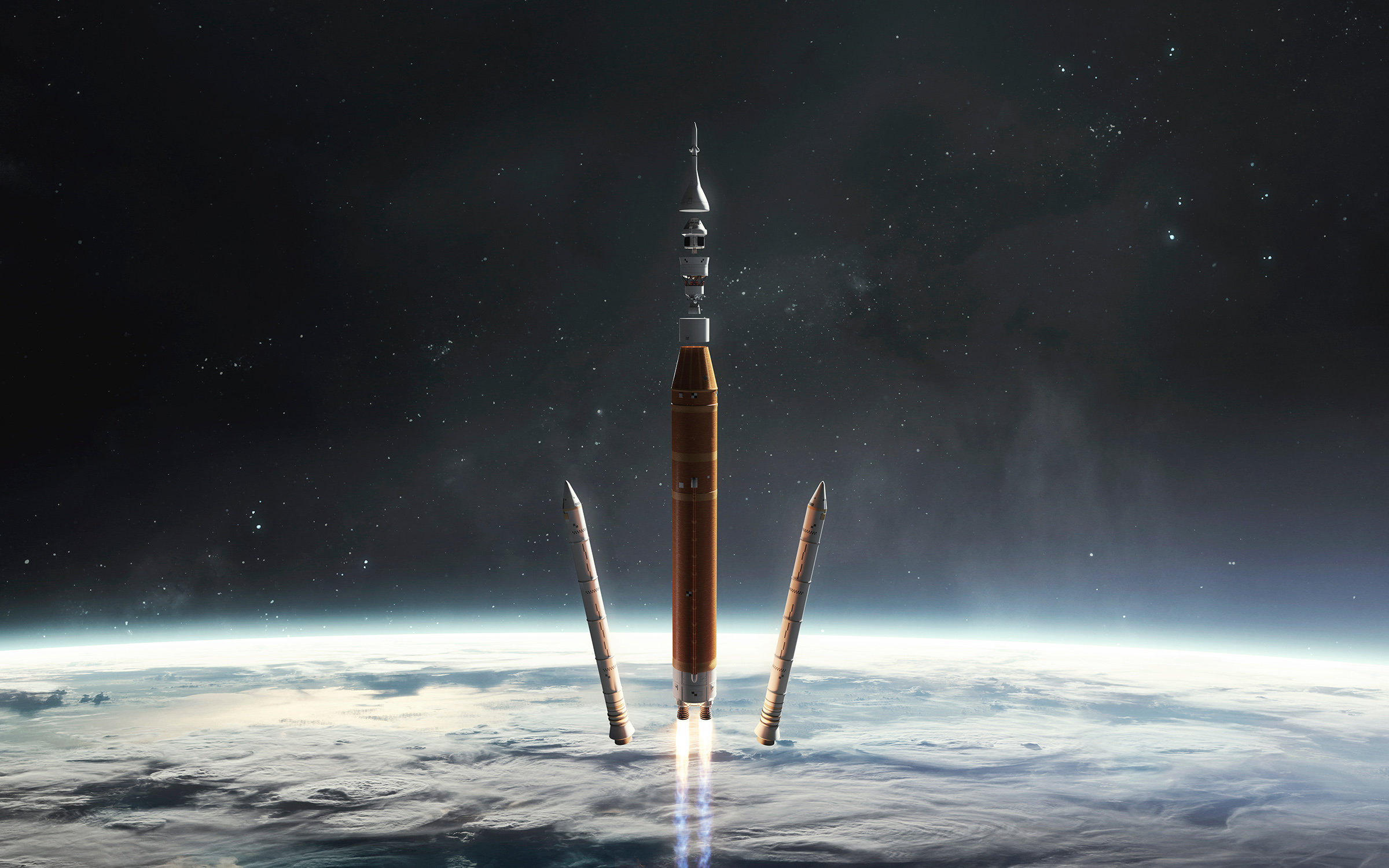NASA’s Artemis missions are poised to become some of the most iconic of the decade, marking the return of human boots on the Moon for the first time since Apollo. However, a recent study from the U.S. Government Accountability Office (GAO) suggests that a delay in Artemis III isn’t just possible but highly likely.
NASA’s Artemis I mission finally took flight in November of last year, but not without encountering multiple setbacks. The launch was plagued by numerous delays, raising concerns about the mission’s overall success. Despite this, the Orion spacecraft completed a safe return to Earth after 25 days in space.
Next, NASA aims to orbit the Moon with astronauts in Artemis II. Subsequently, the mission plans to land on the Moon’s surface, offering multiple astronauts the same historic opportunity as the Apollo missions. This mission is currently scheduled for a 2025 launch, but according to GAO, an Artemis III delay could push it back to 2027 at the earliest.

The GAO has cited several reasons for their lack of confidence in NASA’s ability to meet the current launch date for Artemis III. According to the study, NASA’s current schedule is remarkably ambitious, aiming to complete the development of the Human Landing System within just 79 months, 13 months shorter than the average schedule for other major NASA projects. Delays to key events, like SpaceX’s Starship exploding during its first test, have contributed to this skepticism.
Additionally, GAO has raised concerns about the development of crucial systems, such as the new space suits being developed by companies like Axiom Space. While Axiom showcased next-generation Artemis spacesuits earlier this year, the company is still working on ensuring they provide enough emergency air for astronauts, among other factors.
Although much of this could evolve over time, GAO’s reservations about the Artemis III mission timeline are evident. Whether NASA and SpaceX can overcome these challenges remains to be seen, especially given the success of the second Starship test. Regardless, only time will reveal if GAO’s concerns will lead to a significant delay in Artemis III, potentially postponing the historic mission until 2027.



